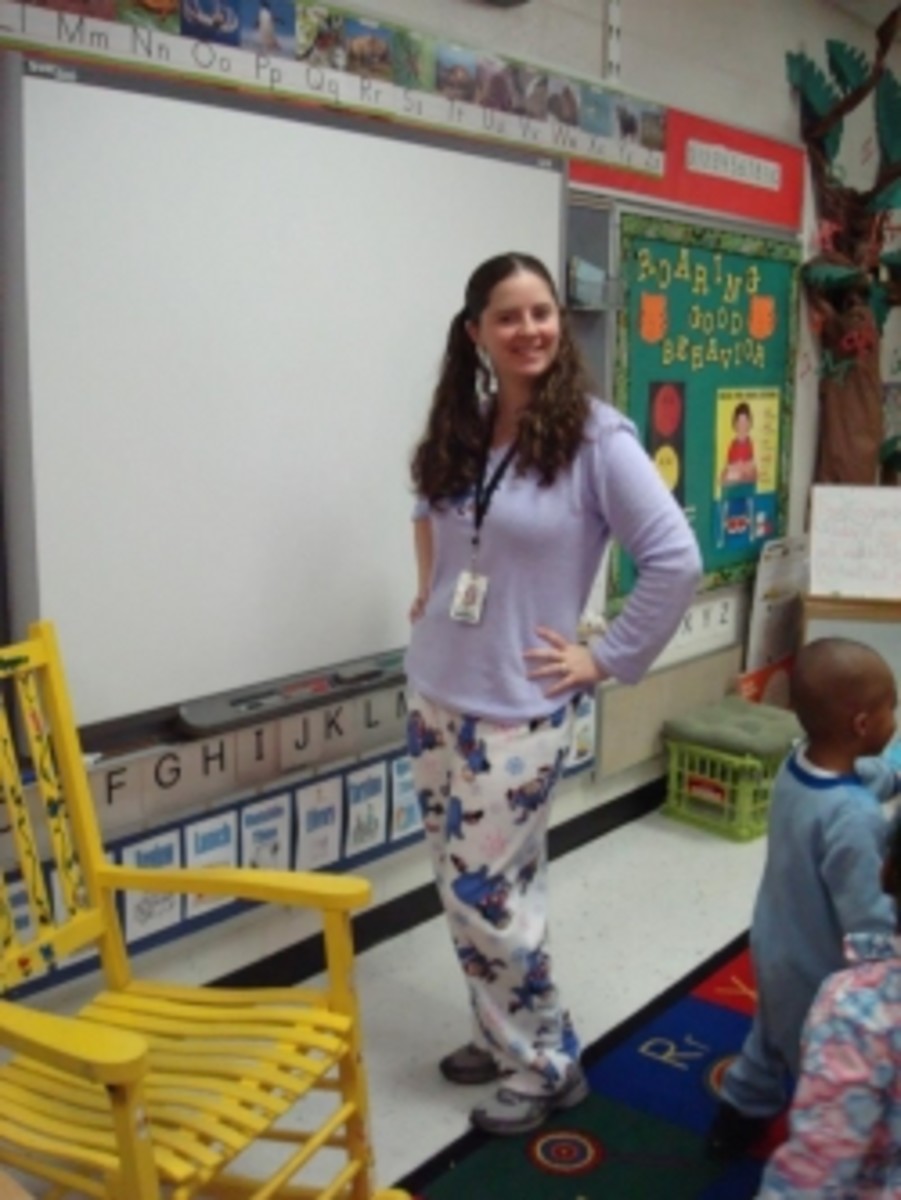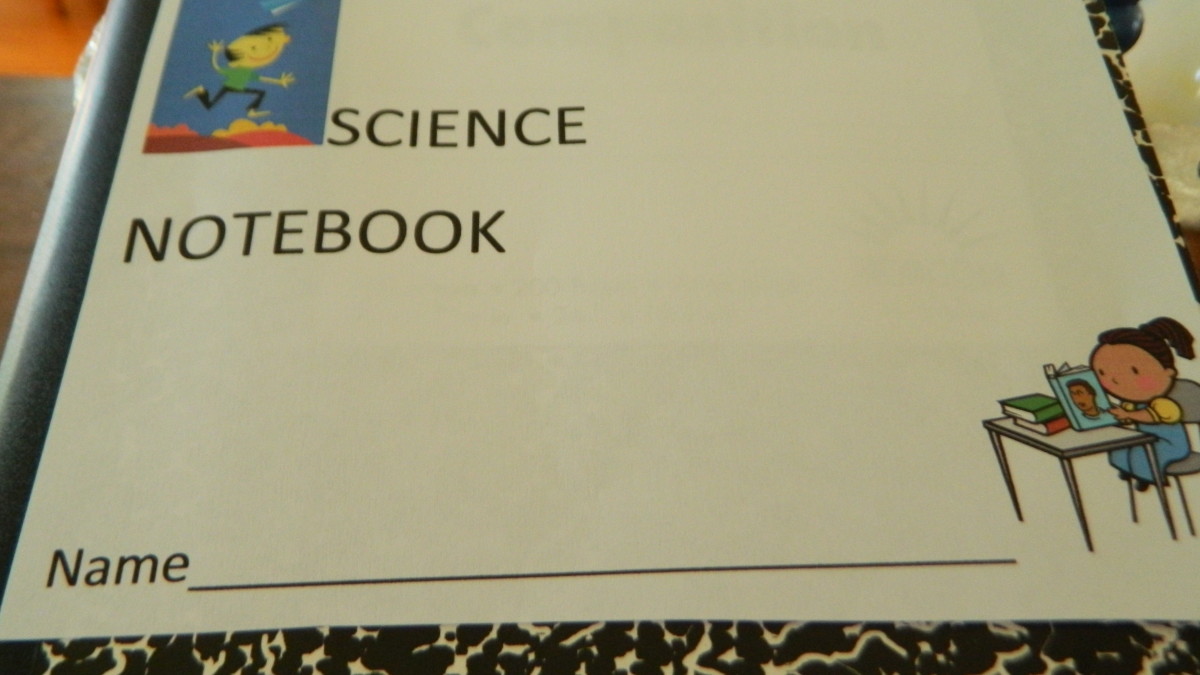What is Education?
Taking Care of the Community
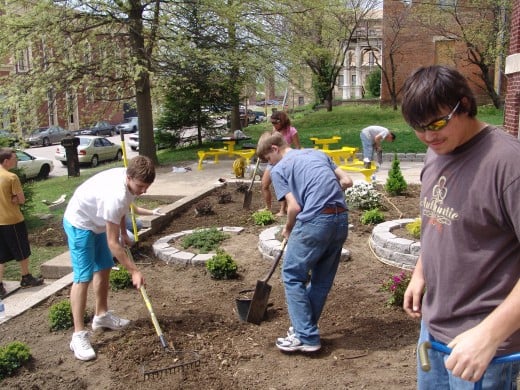
My View
What is education? At this moment in our country that is a loaded question. If one is a politician, education seems to be a chess piece, a real-life pawn that can be manipulated and sacrificed to gain political advantage. For a parent perhaps education is a built-in babysitter, or another dreaded night of helping with math homework. A student might believe that education is only an obligation for twelve years, or a necessary evil of at least sixteen. For me, however, education is a passion. It is a belief in me. It is a belief in my students. It is a belief in the parents and the community. It is a belief that all students can succeed if they have successful teachers. To be a successful educator a teacher needs to possess several important qualities, including an unconditional desire to make a difference in the lives of children, and an enthusiasm for one’s subject area.
Students need to know that they are important members of their community. Their education must be a cooperative effort shared by the school, home, and surrounding community, and I, as their teacher, must facilitate that effort. Whether the students are in preschool or twelfth grade, parents need to be aware, informed, and involved. They are their child’s first teacher, and will continue to teach their children long after the school years have ended. As the teacher, I need to reach out in any way possible to let parents know of potential problems, difficulties, and successes.
My students will eventually be leaders and workers in the community. Therefore, it is of the utmost importance that the community invests in them, and they in the community. My job is to find the variety of connections to make that happen. Service learning projects with city government, local charities, and elder services are a great start. Other avenues could include researching local history and community ancestries, and using that information to publish a quarterly newsletter for the community. Through these efforts, the community will help to cultivate civic-minded, young citizens, and the students will become more connected with their community’s past.
Celebrations are in Order
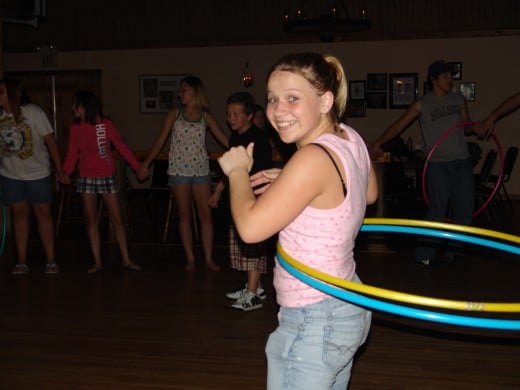
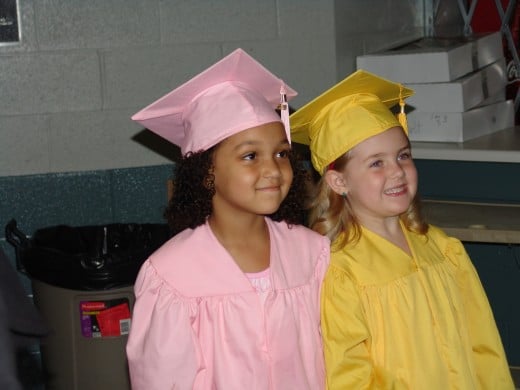
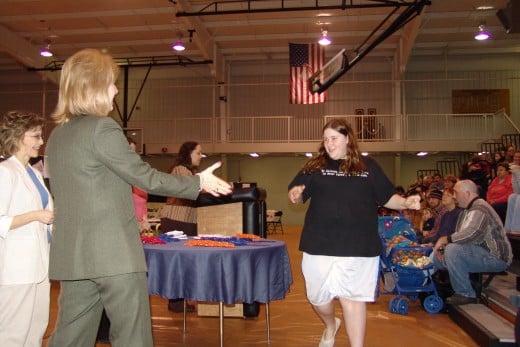
Great Expectations
My students know that I have high expectations of them, and that they should have high expectations of me. While some may excel more rapidly than others, given kindness, support, and encouragement they will all improve upon themselves. As a teacher, it is important that I model patience, respect, and understanding while we work to get there, and it doesn’t hurt to throw in a bit of humor. If I don’t have a passion for my subject area and enthusiastically display that passion, I should not be teaching. I can not expect my students to enjoy learning a subject if it appears to them that I do not enjoy teaching it. I teach English. I love every aspect of English. I thoroughly enjoy teaching others how to create a piece of writing, whether it is a poem, story, or report. I enjoy the challenge of creating a meaningful unit of literature and writing that explores a specific topic such as the Holocaust, civil rights, or Shakespeare. I believe that teachers should create a learning environment in which the students will look forward to participating because they can find a connection between the subject and their own lives. This means that teachers need to know their students—who they are and what is important to them.
Technology: One of the many ways to learn
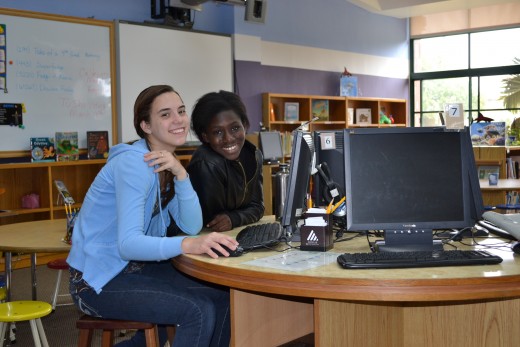
The Art and Science of Education
Education is an art and a science. The art of education involves finding a way to make the lesson creative and informative for each student. A teacher needs to be aware of how students are relating to and receiving the lesson, and be able to adjust the lesson to individual learning styles. I enjoy incorporating a variety of techniques into my lessons, including role-play, games, partner and group work, and visualization. I am open to allowing students to reach their goals in a variety of ways, with the realization that information can be obtained in myriad channels. By allowing students the choice, they can find what they need through books, conversations, experiences, technology, self-direction, and teacher-guided instruction. This allows all students a chance at success. When the time comes, it is a must to celebrate their successes. Whether it is a simple “Wow, you did it!” or a sincere note written on nice stationery, a high-five for a job well-done or a coupon for use at a ballgame concession stand, a prize of chocolate Kisses® for winning a pretest vocabulary game, or a party of Krispy Kreme® doughnuts and milk as you have a class discussion about the state exam they finished the day before, students need to know that their successes are important to you.
The science of education includes lesson planning, computer technology, and knowledge of various stages of development and learning styles. That science also involves understanding special needs of students whether they are students with learning, medical, or behavioral disabilities. It is my responsibility to educate myself about their disabilities and learn what possible solutions, skills, or techniques I may need to better serve their needs. To better differentiate, this may mean that I need to know their Individualized Education Plans (IEP) by heart, discuss their unique situations with appropriate staff members, contact local agencies for help, and/or read relevant literature.
Understanding cultural and socioeconomic backgrounds and their impact falls under the science of teaching as well. By understanding the values and expectations of a student’s home life, I can better tap into what will be valuable in that student’s education. That will give me an outlet to better reach a student who may be reacting inappropriately to me not out of indifference, but rather out of confusion or a fear of trying.
One Example of Education
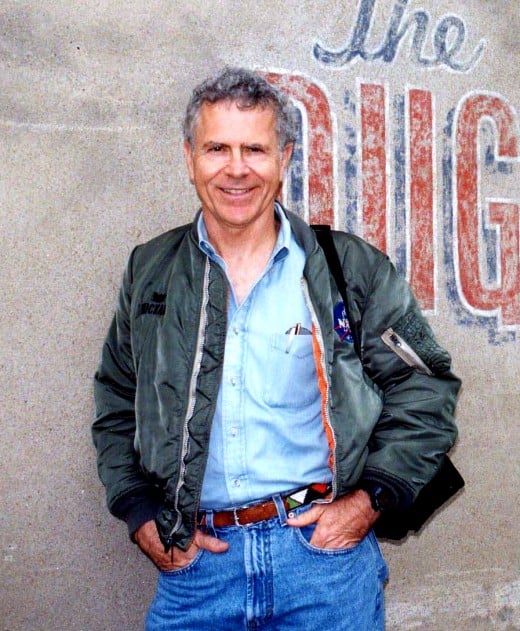
A Lasting Impact
I truly believe that all students can succeed to a higher potential, but it is up to educators to find a way to get them there. We must not be limited by the misguided views of political agendas. Instead, we must demonstrate an unconditional desire and drive to help our students reach for higher goals. We must be able to challenge them to go further each time they reach a goal. We must provide boundaries and enthusiasm. We must be willing to work with each student’s community to find ways to tap into and achieve their full potential. And we’ve got to take time to celebrate their successes! Through dedication, motivation, and compassion we can have a positive impact on our students not only during their school years, but throughout their lives as well. That, my friends, is the true meaning of education.
Educational Links
- Home
ISTE | International Society for Technology in Education - NEA - NEA Home
The National Education Association (NEA), the nation's largest professional employee organization, is committed to advancing the cause of public education. NEA's 3 million members work at every level of education—from pre-school to university graduat





